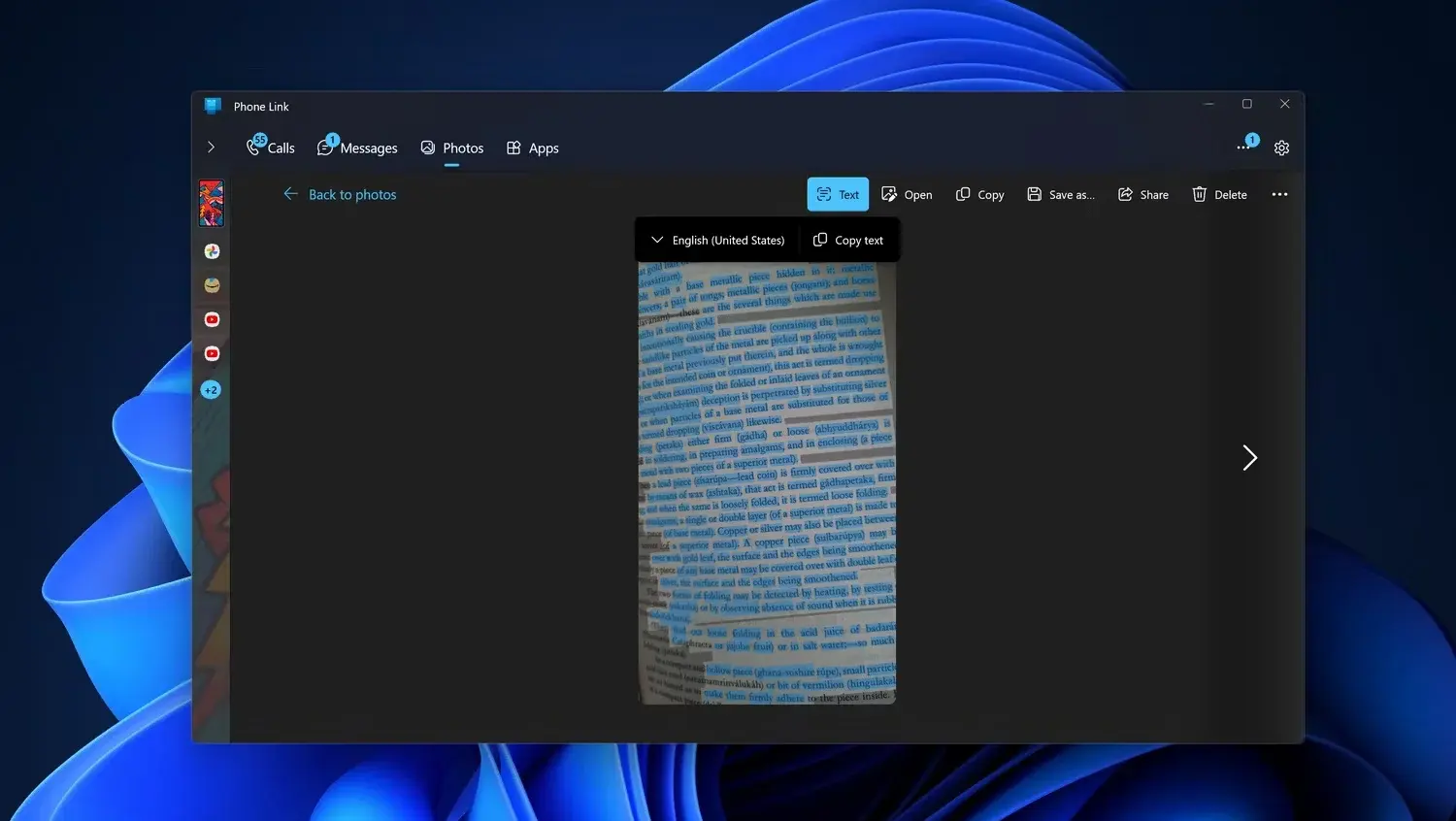While AI-suggested code still contains many errors today, the time saved for developers lies in other things AI can help with, according to a new study.
Four scientists from the University of Lugano in Switzerland explain in their research paper the AI transformation for developers, giving them more focus on their daily routines, with the workload expected to halve by 2030.
In their article, they refer to HyperAssistant, an intelligent evolution of GitHub Copilot, OpenAI ChatGPT, Google Gemini or Tabnine. To help, it focuses on the mental well-being of the developer by suggesting breaks or activities. The future AI would coordinate meetings with relevant team members and assist in learning new skills.
“We envision HyperAssistant, an advanced AI tool that will provide comprehensive support to developers in 2030, addressing current limitations in mental health support, bug detection, code optimization, team interaction, and skills development,” the authors explain.
“We emphasize AI as a complementary force that augments developers’ capabilities rather than replaces them, leading to the development of advanced, reliable and secure software solutions.”
Situation sketch 2030
The paper gives an example of a daily workflow in the future: “Ashley, the developer in 2030, comes into the office and immediately notices that something has changed in the code since yesterday. However, thanks to HyperAssistant, she is shown a concise summary that highlights only the relevant changes. Thanks to this efficiency, she quickly understands the updates and is ready to start her tasks.”
“When she starts coding, an intelligent error detection system alerts her to a bug she has accidentally introduced. The system not only reports the error but also suggests possible solutions, making debugging easier.”
HyperAssistant even goes so far as to arrange a meeting between Ashley and the lead developer, supplemented by relevant documentation. Along the way, the AI listens for typos or other data that might indicate the need for a break. With this help, the authors suggest, Ashley will only need half a day in 2030 to accomplish what took her all day in 2024.
It’s a fascinating sketch of the future. If you want to read the full study, you can click here. Let’s hope, as The Register writes, that it stays HyperAssistant and not HyperManager.














